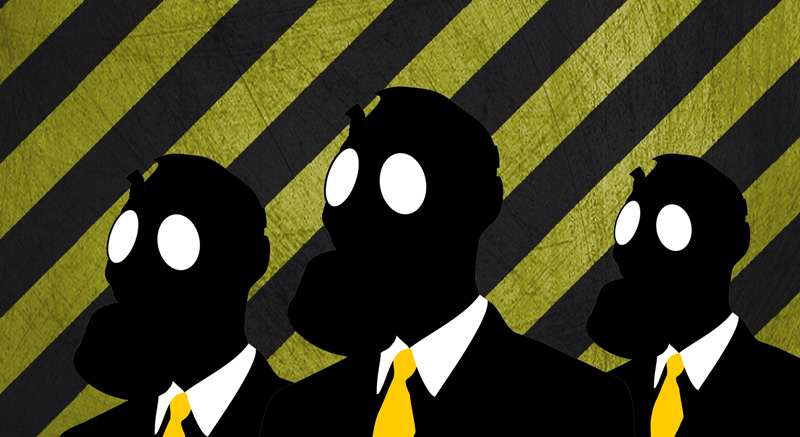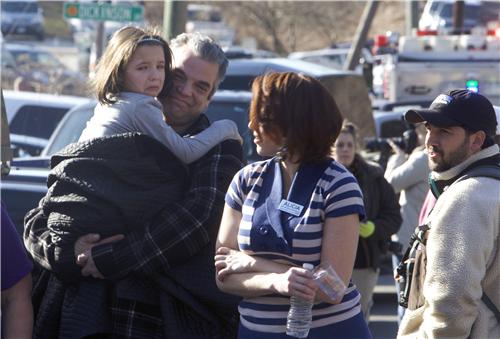A few years ago, I wrote this story. It’s long and odd and has no chance of finding a paying market, so I thought I would finally just put it out there. You’ll find an excerpt below. The full version is available for sale on Amazon, bundled with some other pieces I’ve already published here. Because Amazon does not allow you to give Kindle books away, I have to charge $.99 for it. If you don’t want to pay, you’re welcome to download the free versions linked below; they also contain the full text of the story.
THE FINAL REPORT OF THE SMELL COMMITTEE
TO: The Board of Directors
FROM: Mr. A.V. Jascowitz
Mr. B. Sykes
Mrs. E. Drake-Avilas
Mr. T.S. Holm
Ms. T. Burke
BACKGROUND
On Tuesday, September 8, 2012, Joseph Schultz reported a strong, musky odor near his workstation in the payroll department of the Dubuque office. Schultz claimed that he had begun to notice the smell days earlier and had assumed it would dissipate of its own accord. Instead, it had grown increasingly palpable and had begun to significantly impact his ability to work. Facility Services investigated and noted a “faint†odor, which they traced to some old food in the nearby kitchenette. That weekend, the refrigerator and all fixtures were cleaned vigorously, and the issue seemed to be resolved.
The following Monday, September 14, Schultz reported that not only had the smell not been eliminated, it had actually grown in strength; he claimed he could now smell it in a radius of 20 feet from his workspace — a distance that encompassed nearly a quarter of the building’s third floor — and that its character had changed from a simple food-related odor to a fouler, more pungent stench altogether, one that Schultz described in a garrulous stream of emails as a “stink of death†or “what hatred must smell like.†Several of Schultz’s coworkers began reporting the smell on their own, attributing it variously to paint, cleaning solvent, new carpeting or other prosaic sources. In response to the volume of complaints lodged with Facility Services, a professional steam-cleaning service was contracted to clean every square foot of the payroll department. This operation was performed on September 22, again to no avail, and the payroll staff reported to work the following day to find the smell had returned undiminished.
With no options apparently remaining, Facility Services had little solace to offer Schultz or his colleagues, who resorted to their own methods to attempt to restore comfort to their workspace. Payroll Director Dot Freidburger organized a floor-wide effort to improve the work environment, with employees bringing in, at their own expense, a variety of air fresheners, air purifiers, potpourri sachets and other similar items. These invariably proved ineffective: potpourri turned dry and brittle within a few days; a potted fichus plant took on a peculiar chalky texture before crumbling into dust; and chemical air fresheners either had no apparent effect at all or else made the odor worse. Freidburger and her colleagues abandoned their efforts, and no further attempt was made by the employees to combat the smell.
Several emails from this period subsequently reviewed by the Committee reveal instances of poor work performance, unusual behavior or cognitive difficulties whose potential severity went unrecognized at the time. Payroll Specialist Amelia Beakman filed a quarterly Paid Time Off Usage Report that actually consisted of a thousand-word description of an erotic dream; she later claimed to have included the material through a simple cut-and-paste error and was not disciplined. Several employees were cited for failing to report to work, explaining later they had confused the day with Saturday or Sunday, though one in particular claimed, with no lack of embarrassment, that she had forgotten she was employed by the Company at all. Formerly outgoing men and women were observed to become quiet and withdrawn, and several emails sent to Human Resources took on an ominous cast. “I can’t sleep at night,†one employee wrote, “because all I think about is having to come back here and work in this smell.†Another wrote, “Do something. If you don’t, somebody will. This isn’t any kind of a threat. But you don’t understand how people are feeling here.†Continue reading




